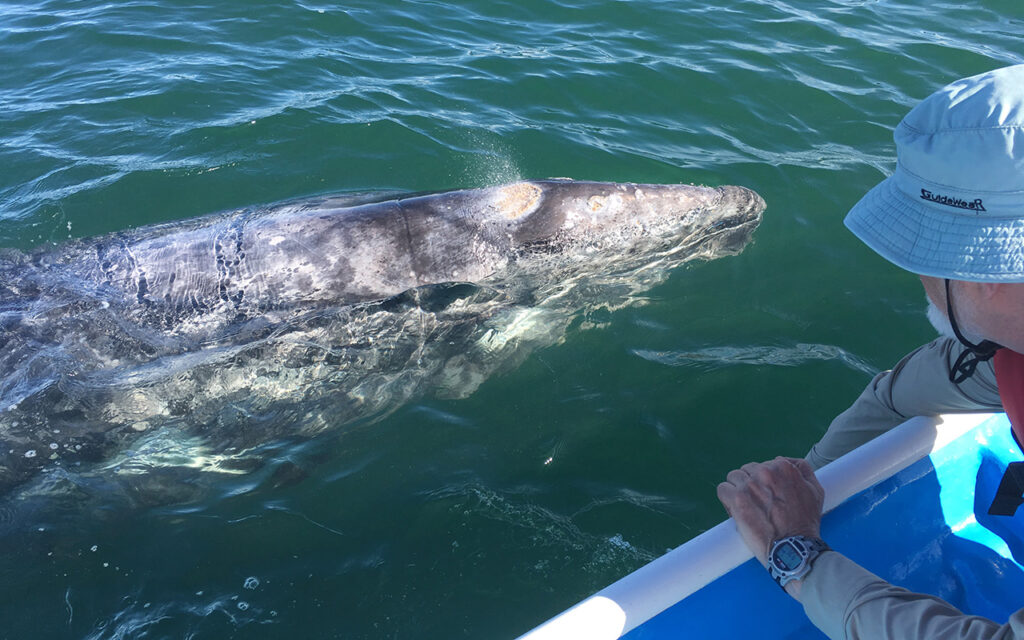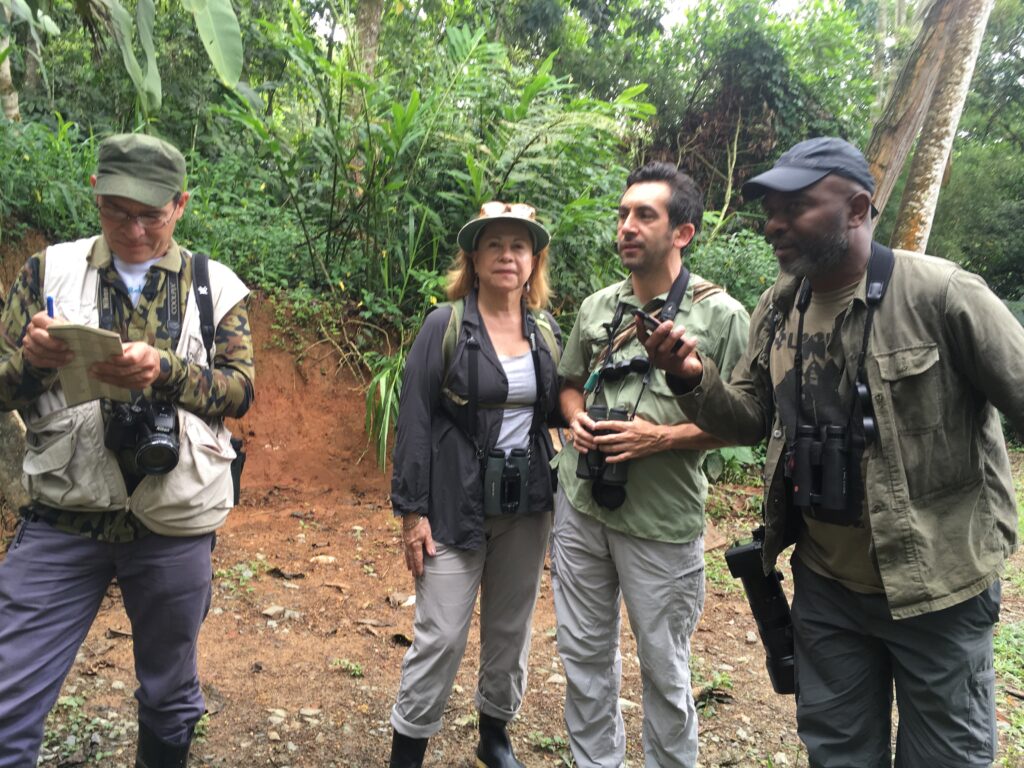EWI consults for businesses which seek to deliver conservation results on the ground in measurable triple bottom line terms
Megan Epler Wood worked with thousands of lodge owners, tour operators, academics, and civil society to determine what makes ecotourism projects successful around the world as Executive Director and Founder of The International Ecotourism Society from 1990-2002. She received The International Ecotourism Society’s Lifetime Achievement award in 2013 for her commitment and thought leadership in the field (see our history).

Clients approaching EWI should consider how they seek to get their proposal to market and at what phase they need consultation:
- Feasibility Study
- Triple Bottom Line Reporting- Establishing Baselines
- Triple Bottom Line Business Plan
- Triple Bottom Line Capitalization Plan
- Inclusive program which looks at:
- feasibility,
- business plan, and
- capitalization program
EplerWood International Development Agency-Supported Ecotourism Projects:
An island wide study of ecotourism hubs was carried out which included eco, adventure, gastro and cultural tourism using GIS and local stakeholder input to prioritize action. Successful community projects are transpiring in 2021 as a result in the El Yunque region.
A regional sustainable tourism plan for Western El Salvador was carried out in coffee regions, national parks, and as part of a larger effort to create coastal protected zones with sustainable tourism economic development. The project raised over $2 million in new investments and sustainable tourism economic activity in the region as of September 2009.
A post-civil war regional action plan structured the development of the nation’s most beautiful and accessible natural asset, The Western Peninsula. and identified the urgent need to preserve Bunce Island, one of the most historically important slave castles in West Africa. An action plan leveraged $900K from DFID/World Bank to continue sustainable tourism planning in Sierra Leone.
A nature tourism strategy reviewed existing tourism planning and development efforts, markets for tourism, market niches, and investment climate for ecotourism. Discussions with the locally active private sector led to a variety of creative market opportunities in key protected areas to support the preservation of endangered species such as the wild Asian elephant, and set out initial planning protocols for preventing damage from rapidly escalating development.
Developed an Ecolodge Feasibility and Business Plan for a tea plantation on the border of the Sinharaja Forest Reserve, which encompassed site specific, phase-by-phase development recommendations. A community forestry project was developed on a portion of the land. The project won a $900K Global Development Alliance matching award and leveraged $1 million in investment from the private sector. The Rainforest Ecolodge is now open.
An Ecotourism Finance and Market Analyst was developed into a published report, the first of its kind, which sought to provide potential loan fund investors with the market demand and business viability determinants for ecolodges worldwide.



